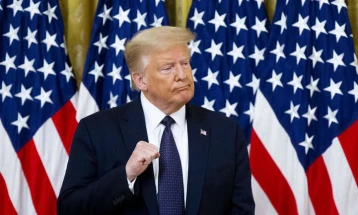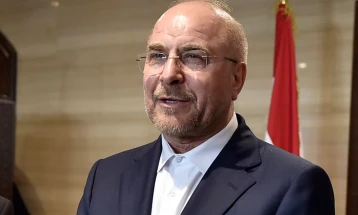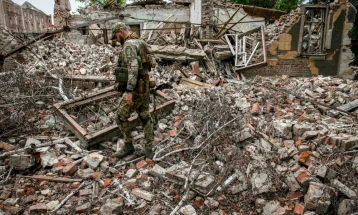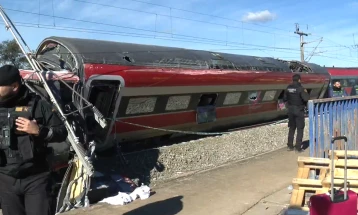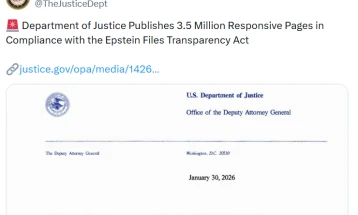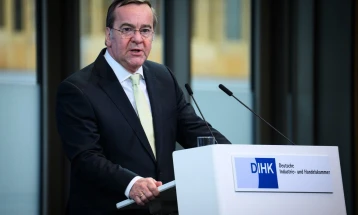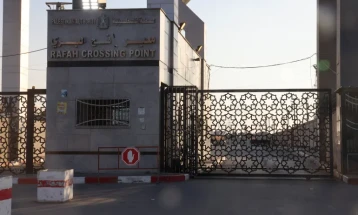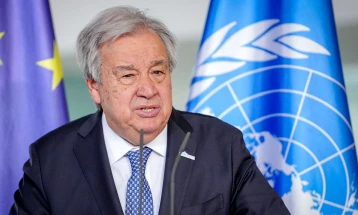Energy price solution remains elusive as EU leaders gather at summit
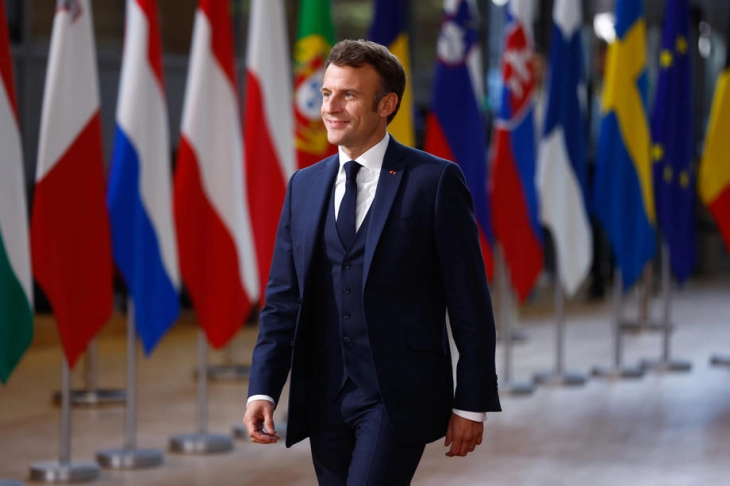
Brussels, 20 October 2022 (dpa/MIA) - European Union leaders remained split on Thursday about how to tackle high gas prices as they started a two-day summit in Brussels.
After a majority of EU countries repeatedly called for a gas price cap, the European Commission eventually proposed that wholesale gas prices could be limited as a last resort should prices in the EU reach extreme levels.
Germany and a few other member states are sceptical of measures that would intervene in the price of gas due to concerns that lower gas prices would put supply safety at risk or increase consumption.
"Of course, we have to make sure that we set up what we decide in such a way that it works," said German Chancellor Olaf Scholz as he arrived at the meeting.
"No one wants to make decisions here that are good in theory, but there is no gas afterwards," he said.
Dutch Prime Minister Mark Rutte echoed Scholz’s concerns on his arrival.
Hungarian Prime Minister Victor Orban, whose country is highly dependent on Russian gas imports, wrote on Twitter that the commission’s plan would be “equal to a total gas embargo for Hungary."
“Committing economic suicide will not help Ukraine,” he added.
Leaders in support of gas price measures struck a more conciliatory tone arriving in Brussels.
“We've had a lot of summits where we've often heard 'no'. Maybe now it's a summit where we have to hear 'yes' a bit more,” said Belgian Prime Minister Alexander De Croo.
“The measures proposed by the commission are already leading to a reduction in gas prices because the signal effect has reduced prices,” De Croo said.
“Now prices must continue to fall and we must have these instruments to prevent prices from rising again,” he added.
French President Emmanuel Macron said he would work together with Scholz to find a solution to Europe's gas price problems.
"I think it's neither good for Germany nor for Europe if Germany is isolating itself," Macron said, stressing the importance of maintaining unity.
Latvian Prime Minister Krisjanis Karins acknowledged abandoning Russian fossil fuels would take time and require investments, but a price cap and joint gas purchases could help in the meantime.
“The fundamental problem is that in Europe for many, many years we have had a false energy policy largely based upon the assumption that cheap Russian energy will be almost indefinite,” Karins said.
Aside from energy prices, EU leaders are also expected to discuss support for Ukraine, for which they will be joined by Ukrainian President Volodymyr Zelensky by videolink.
The conversation comes after a deadly wave of Russian missile and drone strikes tore across the country this week.
In May, the commission proposed providing €9 billion ($8.8 billion) in grants and loans to Ukraine to keep its civilian administration running.
So far only €3 billion have been disbursed, leading to calls to improve the way in which the war-torn country receives aid from the bloc.
On Friday the bloc’s relationship with China is also under discussion.
The human rights challenges Beijing poses versus the country's economic position in the global economy raises difficult questions for EU leaders.
